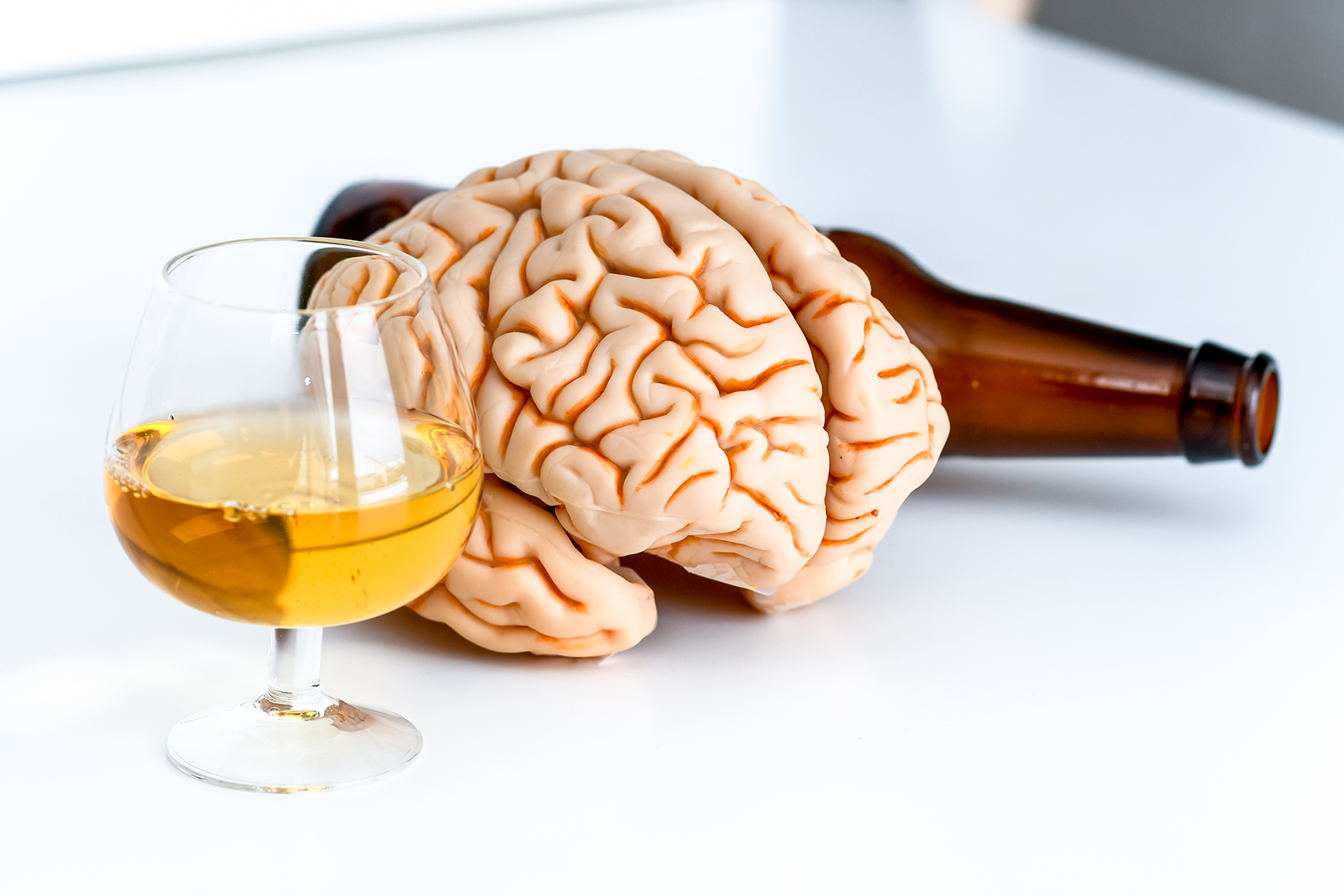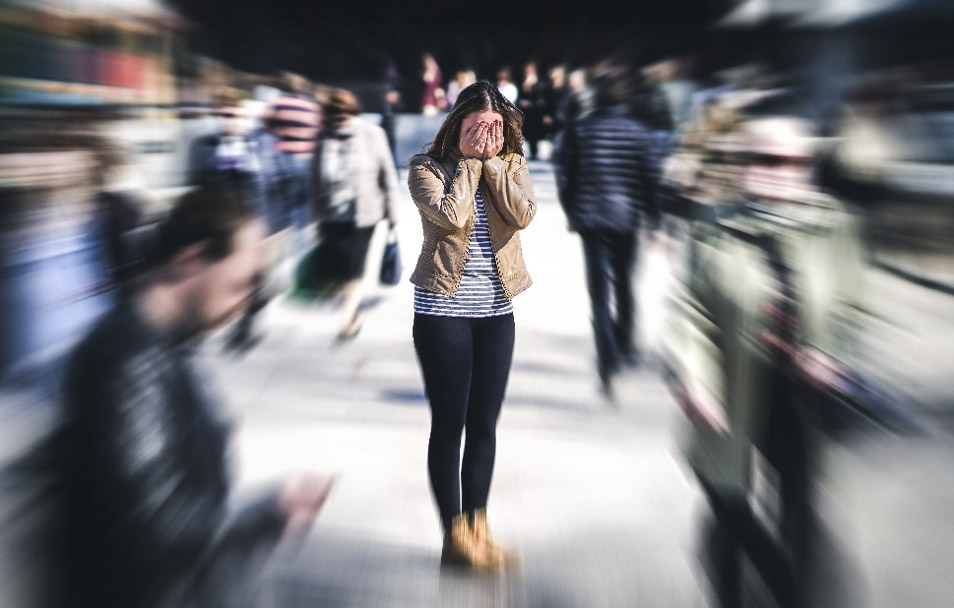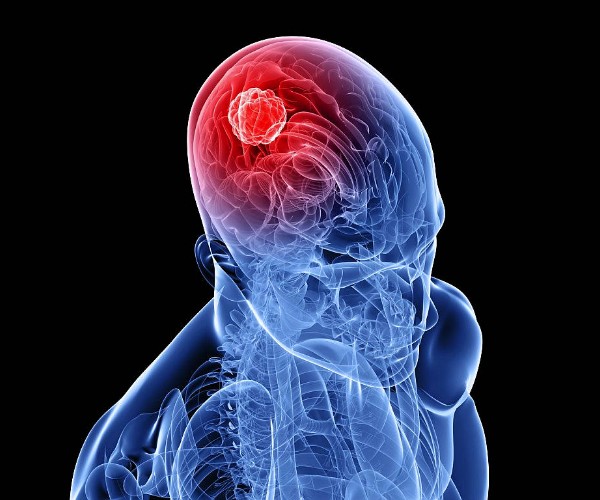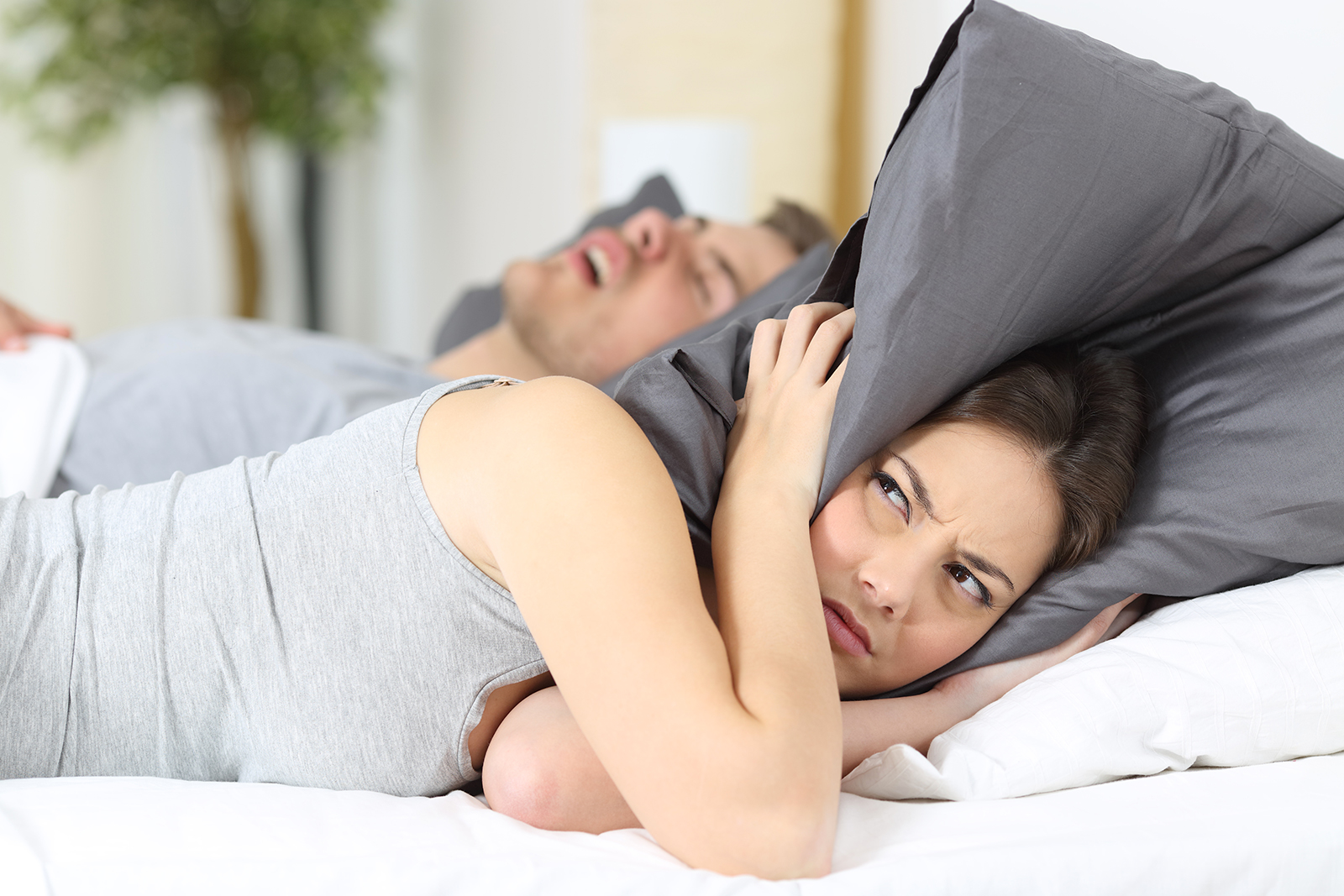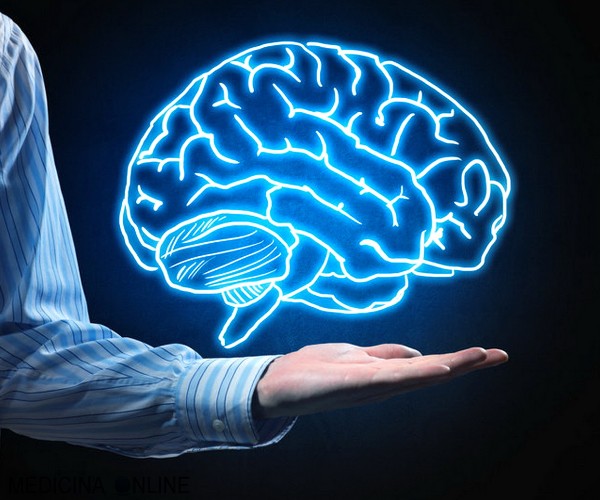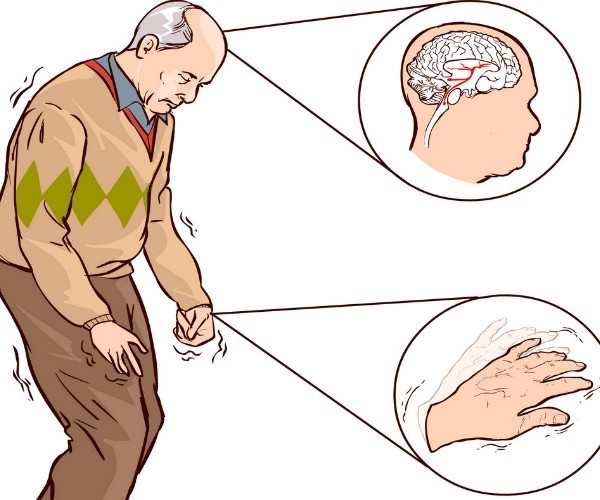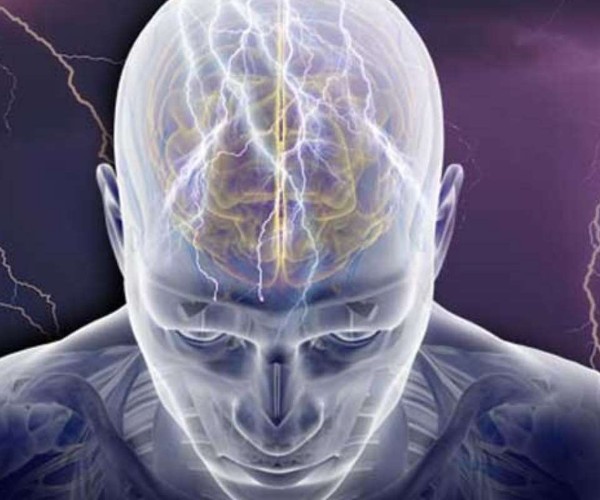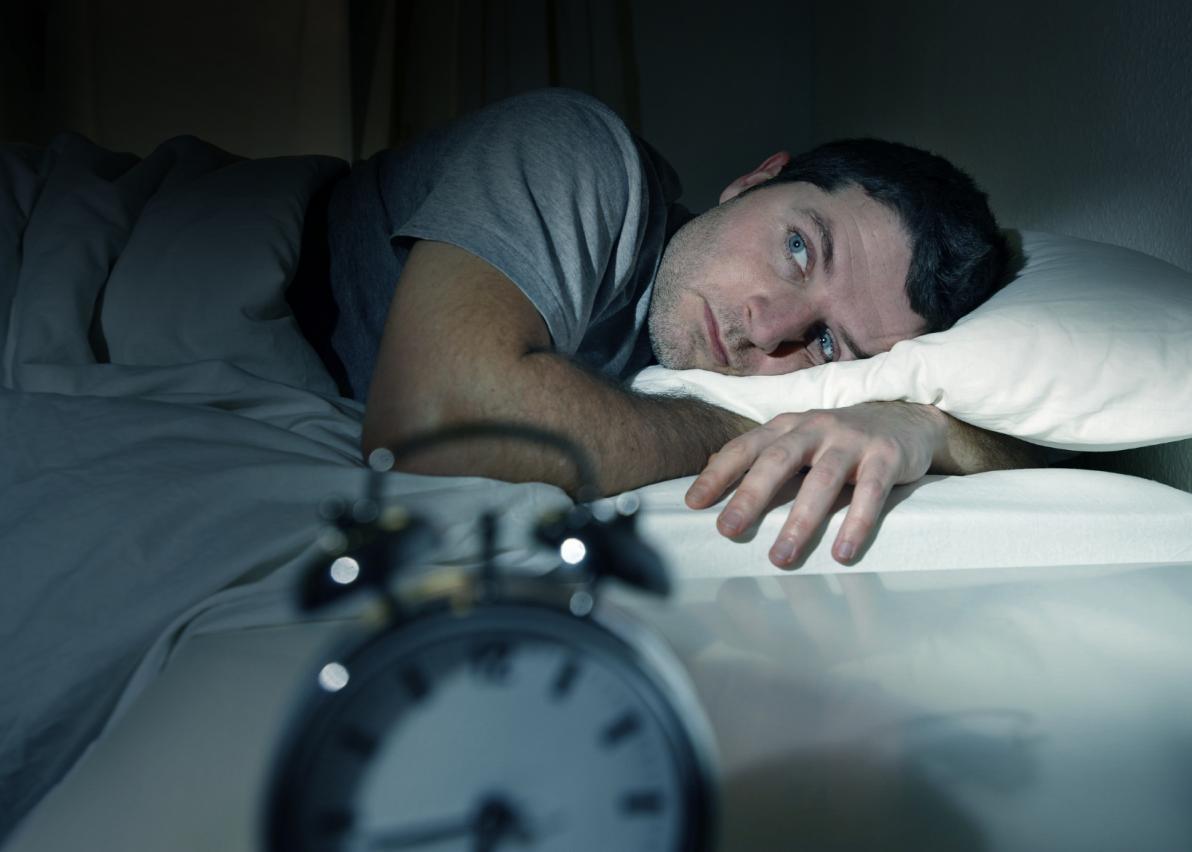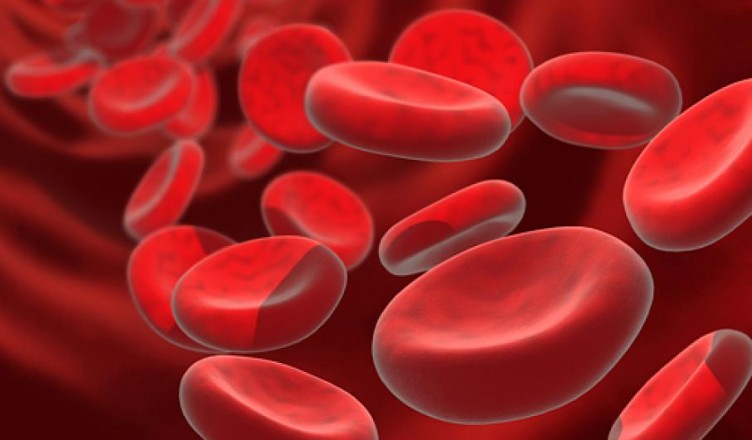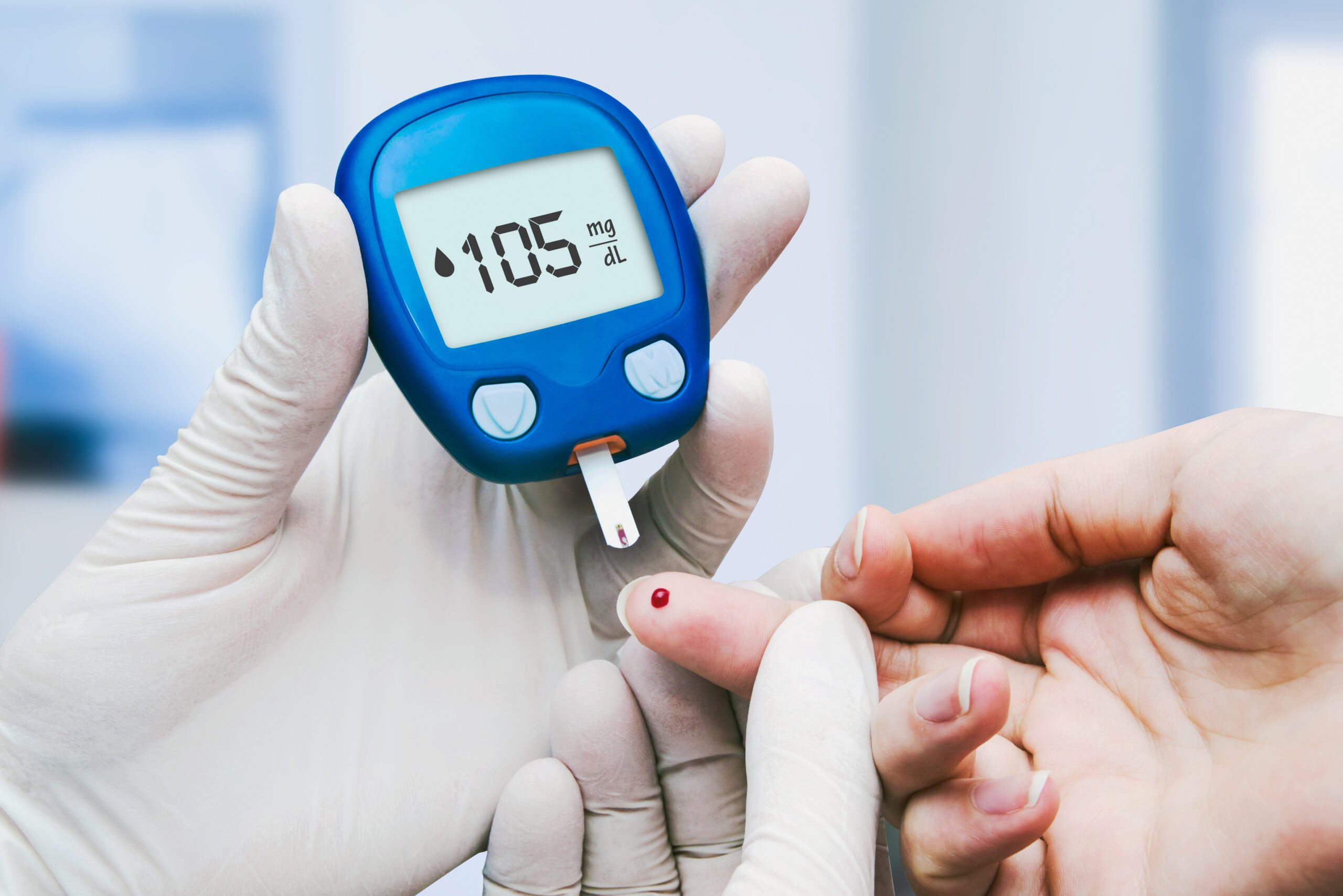European Psychiatric Association (EAP) recommendations for harnessing the benefits of regular movement in the treatment of major depression and schizophrenia, in addition to medication and psychotherapy.
Physical activity, especially of the aerobic type, is useful and should be practiced regularly not only to improve well-being and health on various fronts, but also as a genuine adjunctive therapy effective in the treatment of severe psychiatric illnesses such as major depression or schizophrenia. This conclusion was reached by theEuropean Psychiatric Association (EAP) after an extensive review of studies conducted over the past decades to assess the metabolic, cardiovascular, psychological, and cognitive impact of structured and monitored exercise in the general population without clinically relevant mental disorders or suffering from more or less significant psychological distress.
Based on the available evidence, the achievable benefits would relate to both reducing the risk of developing hypertension and other acute and chronic cardiovascular diseases, diabetes, and overweight, depletion of bone mass, and osteoporosis (all conditions promoted by the tendency of those suffering from major depression and schizophrenia to be sedentary and by some of the drugs essential to treat them) both the alleviation of psychiatric symptoms and the improvement of physical, mental, and intellectual function, with possible slowing of cognitive decline that may set in over time and favorable repercussions on overall quality of life. Not to mention, the beneficial effects of movement on nighttime sleep: an aspect often compromised in those suffering from psychiatric illnesses, the normalization of which is essential to support treatment and prevent flare-ups of symptoms.
To reap maximum benefits, people with mild-to-moderate major depression should engage in aerobic physical activity or a mixture of aerobic and resistance training at least 2-3 times a week, for about 45-60 minutes per session. In the absence of studies indicating the superiority of one form of movement over the other, one can choose the discipline one prefers, depending on age and individual physical potential. For example, activities such as free exercise, running, bicycling, gym exercises, etc. are perfect. As long as they are performed under the supervision of a competent instructor.
In the case of schizophrenia, the EAP recommends that at least 150 total minutes of moderate-vigorous physical activity per week be included as part of an individualized multidisciplinary treatment plan, including drug therapy, psycho-behavioral interventions, and functional rehabilitation. Again, it is crucial that trained personnel, who can interact positively with patients and support their motivation for regular and properly executed movement (a feat that is often difficult even in the case of people without psychiatric illnesses) coordinate the training sessions.
Of course, one should not expect miracles from the physical activity and it is certainly not possible to use it as a total replacement for the conventional therapies provided for major depression and schizophrenia, but the additional benefit it can provide is proven and deserves to be exploited as far as possible, to support a better recovery of the body’s overall balance.
Recommendations similar to regular exercise also apply to those who, while not diagnosed with specific psychiatric disorders, tend to experience depressive symptoms, nervousness, mood instability, or sleep disturbances at one or more times of the year (particularly in autumn-winter or during seasonal changes): the benefits will not be missed.
Source
Stubbs B et al. EPA guidance on physical activity as a treatment for severe mental illness: a meta-review of the evidence and Position Statement from the European Psychiatric Association (EPA), supported by the International Organization of Physical Therapists in Mental Health (IOPTMH). Eur Psychiatry. 2018;54:124-144. doi:10.1016/j.eurpsy.2018.07.004.



